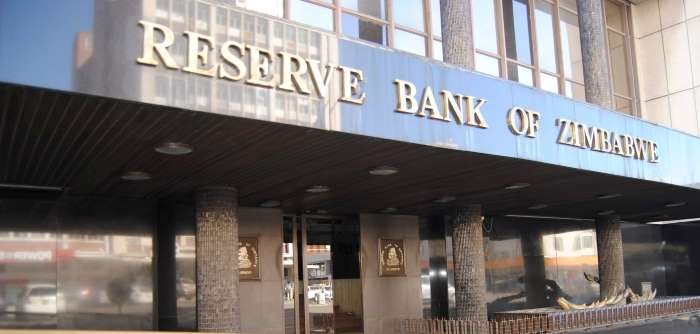Zimbabwe is sticking to its new gold-backed currency as it started trading in the markets amidst concerns that the new gold-backed currency which represents the third time Zimbabwe would be changing its currency would be efficient in curbing the crippling hyperinflation bouts that have plagued the country over the decades.
According to Reuters, The Zimbabwe Gold (ZiG) was announced by the country’s central bank with an initial rate of 13.56 to $1, replacing the Real Time Gross Settlement Dollar (RTGS), which had lost about 80% of its value this year and had been trading at 28,720 to $1 before the change.
Current Bank balances were converted to the new currency over the weekend while customers were given 21 days to convert their cash. New bank notes will enter circulation by the end of the month according to the Reserve Bank of Zimbabwe.
The previous currency known as the RTGS or the Zimdollar was launched in 2019 after a decade of dollarization which entailed bond notes and coins pegged to the United States Dollar which were introduced in 2014 and 2016 respectively.
The Zimdollar failed to live up to expectations after struggling to gain trust. A slide in value this year pushed annual inflation above 55%, raising fears among citizens of returning to the 2007 to 2009 hyperinflation bouts under President Mugabe.
As of Monday, commercial banks were using the new official exchange rate.
However, according to Reuters, it is not clear the currency, which the central bank described as “structured” and “anchored by a composite basket of foreign currency and precious metals (mainly gold) held as reserves”, would be able to retain this value.
There is also a concern of whether companies and citizens would accept the new currency as a form of payment or store of value.
About 80% to 85% of transactions are currently being carried out with foreign currencies according to the central bank.
What to Know
- The new Gold Backed currency was introduced by Zimbabwe’s central bank to help stabilise the economy and protect citizens from currency fluctuations and sky-high inflation.
- According to Hasnain Malaik of research firm Tellimer, Zimbabwe’s core financial problem is a an insufficient $285 million of hard currency and gold reserves. He believes these are the roots causes of Zimbabwe’s economic woes and must be fixed for the country to forge ahead.


































